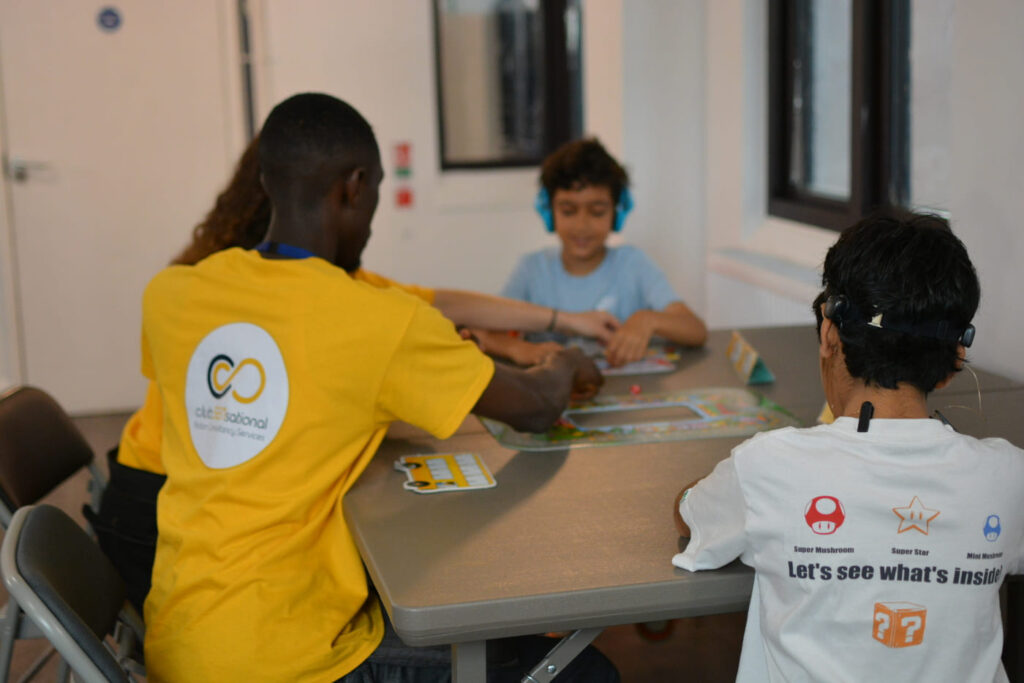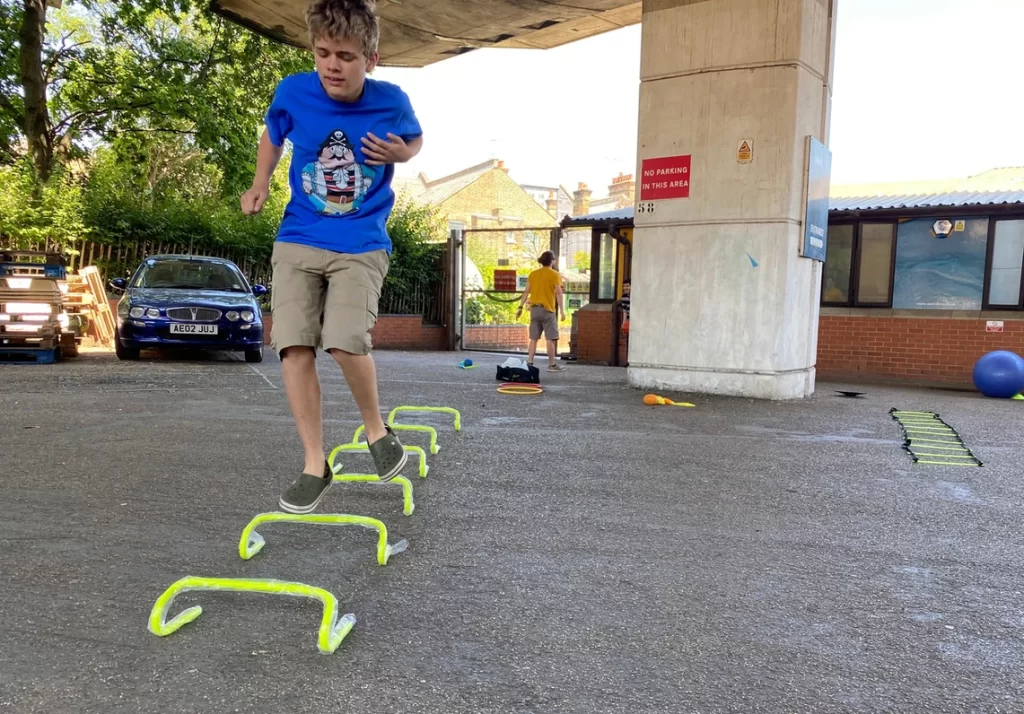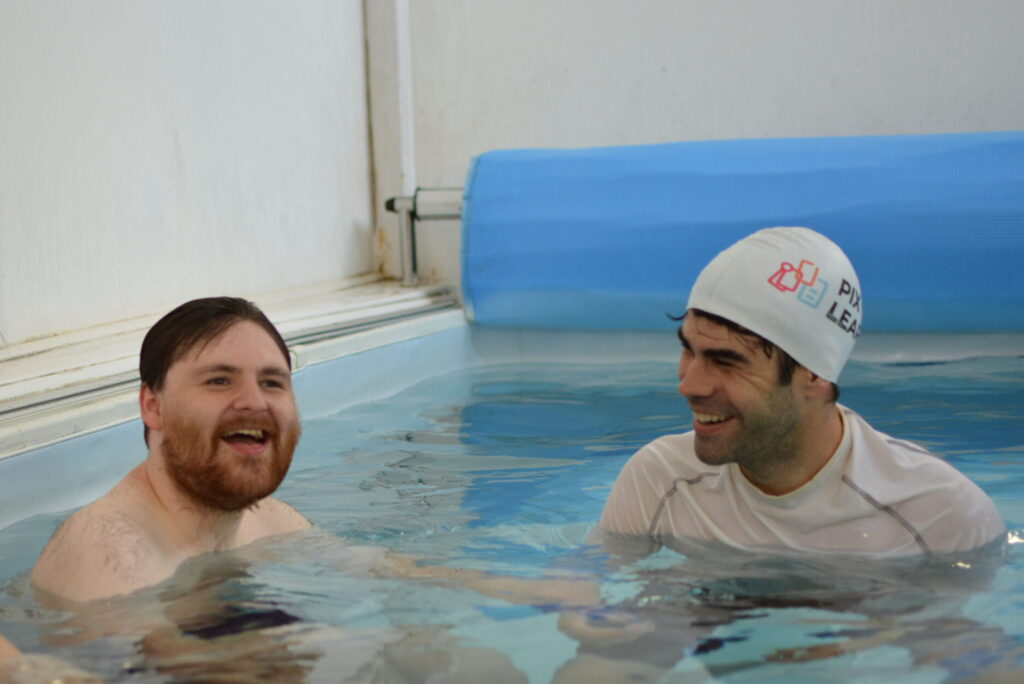When supporting young people with autism, it is essential to recognise that their needs go beyond academic or therapeutic goals. A truly effective approach must address three critical areas: social communication skills, independence and life skills, and physical and emotional well-being. These pillars provide a strong foundation for personal growth, enabling young people to navigate life with greater confidence and resilience.
Here’s a closer look at why these areas are crucial and how they can positively influence the lives of children and young people with autism.
1. Social Communication Skills: Building Connections
For many young people with autism, social communication can be a significant challenge. Understanding social cues, participating in conversations, and forming relationships may not come naturally, leading to isolation and frustration without proper support.
By focusing on social communication skills, people with autism can learn how to interact with others, express their needs, and build meaningful connections. Tools such as communication boards, visual schedules, or instructional aids provide much-needed structure for children who struggle with verbal communication. These supports create a clear framework, making it easier for young people to navigate social interactions and confidently engage.
Additionally, structured group activities offer valuable opportunities to practise essential social skills in a supportive environment. Whether it’s learning to share, take turns, or express emotions, developing these skills fosters the ability to connect with others and express themselves more effectively.
“The ability to communicate is the most important thing for any child with autism, and the key is finding a way to help them express themselves.” – Naoki Higashida, author of “The Reason I Jump.”

2. Independence and Life Skills: Preparing for the Future
The development of independence is key to any young person’s future success. For those with autism, fostering independence and life skills is even more critical in preparing them for adulthood and helping them gain self-confidence in their abilities.
Teaching essential routines such as dressing, personal hygiene, and self-care equips children with the necessary tools for everyday living. As they grow older, more advanced skills—like vocational jobs, preparing meals, or using public transport—can be introduced. These lessons not only promote self-reliance but also build a sense of accomplishment.
It is important to personalise these lessons to the individual. Each child progresses at their own pace, and the most effective programmes are tailored to their abilities, ensuring they can handle the situation. A step-by-step approach allows people with autism to experience success in small, manageable increments, which boosts their confidence.
For families, the results can be transformative. As children become more capable of managing daily tasks, the strain on parents and carers lessens, and children can take pride in their growing independence.
“Autism is not a disability; it’s a different ability.” – Stuart Duncan, autism advocate and founder of Autcraft.

3. Physical and Emotional Well-being: A Holistic Approach
Physical and emotional well-being are interconnected aspects of supporting young people with autism. These areas influence the child’s health and their ability to thrive in educational and social settings.
Engaging in physical activities like swimming, climbing, or fitness routines provides more than exercise. These activities help teach coordination, balance, and self-regulation, which are crucial to physical and emotional health. For instance, swimming can increase body awareness and self-esteem as children master new physical skills.
Additionally, many young people with autism may experience anxiety or sensory overload, which can make daily life overwhelming. Providing a structured, predictable environment with consistent routines can significantly reduce anxiety and foster a sense of security. Emotional well-being is also about helping children recognise and express their emotions healthily. Introducing mindfulness or relaxation techniques can be incredibly beneficial in this regard.
These strategies teach children how to manage their emotions, develop coping skills, and enhance their well-being.
“I see people with Asperger’s syndrome as a bright thread in the rich tapestry of life.” – Tony Attwood, clinical psychologist and autism expert.
Why These Core Areas Matter
Addressing social communication skills, independence and life skills, and physical and emotional well-being forms a comprehensive approach to supporting young people with autism. Each of these areas is vital on its own, but when combined, they create a framework that promotes the people’s full development.
This holistic approach goes beyond achieving academic or therapeutic milestones. It focuses on equipping children with the skills they need to navigate the world confidently, engage with others, and manage their health and well-being. By nurturing every aspect of a child’s development, we enable them to reach their full potential, enhancing not only their own lives but also the well-being of their families and communities.
“Different, not less.” – Dr. Temple Grandin, autism advocate and professor.
A holistic approach is essential in autism support, ensuring young people with autism have the necessary tools to grow confidently, develop independence, and thrive in every aspect of life.

